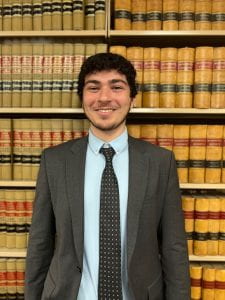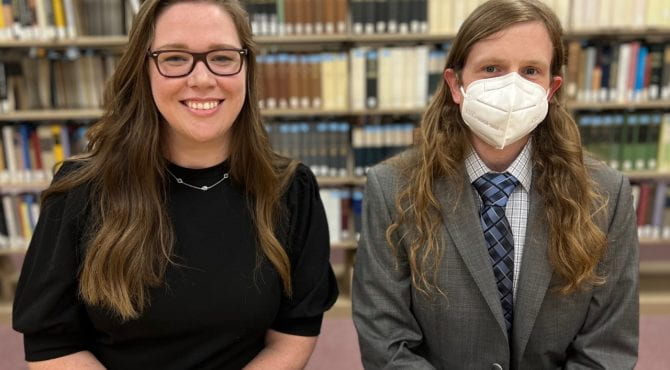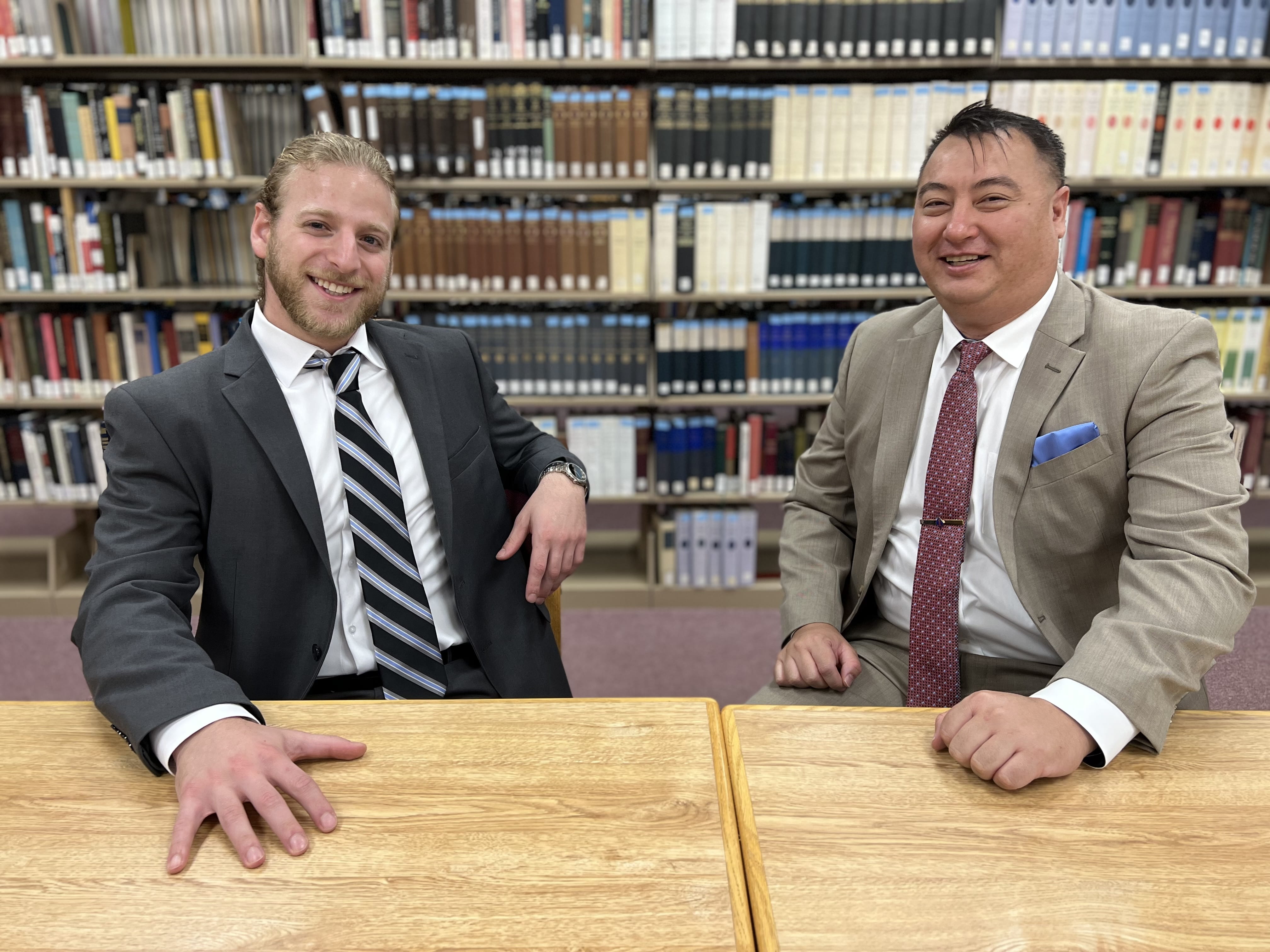By Philip Light

Philip Light, Spring 2023 CDC Fellow, in the UMass Law Library
Property tax represents the largest source of revenue for Massachusetts when compared to any other tax collected at state or local level. [End Note 1]. Nevertheless, there are ways to be exempted from paying property tax, one such way is by being a 501(c)(3) organization. A 501(c)(3) organization also known as a charitable organization is granted special tax exemptions from the Internal Revenue Service (IRS). [End Note 2]. Under certain circumstances such as a ground lease for real property, a 501(c)(3) organization must meet special requirements to qualify for a property tax exemption.
A ground lease also known as a land lease, is when an owner leases their land to another party for long-term, typically 99 years, during which the tenant will develop the land, and at termination of the lease the property will go back to the owner with all improvements. [End Note 3]. A ground lease provides numerous benefits to both the landlord and the tenant leasing the land, including tax benefits. The ground lease can be drafted to make either the landlord or the tenant responsible for specific types of taxes during the duration of the lease. So, what will happen when a Massachusetts, 501(c)(3) organization is drafted to be responsible for the property tax as the tenant of a ground lease?
Massachusetts law allows for a charitable organization that leases property a tax exemption under specific conditions. First the organization must be found as a 501(c)(3) charitable organization recognized by the IRS. A charitable organization is an organization that is a corporation, trust or non-profit established for literary, benevolent, charitable, or scientific or temperance purposes. [End Note 4]. With its principal purpose and activities for the benefit of the public and not limited to certain groups of people. [End Note 5]. Additionally, at any point during operation or if dissolved the organization cannot use its income or assets for non-charitable purposes, nor for the benefit and enrichment of the directors, officers, and shareholders. [End Note 6]. After being recognized as a 501(c)(3) charitable organization under the IRS, the next step is to show that the real property was acquired for a charitable purpose. [End Note 7]. However, even if the organization is found as a 501(c)(3) organization with real property acquired for charitable purposes, the landlord of the lease plays a crucial role in determining if the 501(c)(3) tenant can be exempt from property tax.
If the landlord of the ground lease is a religious organization or another 501(c)(3) organization?
The 501(c)(3) tenant must apply to the local city or town for property tax exemption. [End Note 8]. Exemptions are granted by the town’s assessor’s office; they will check the application and determine if the organization meets the criteria for property tax exemption. [End Note 9]. If criteria are met and they are granted exemption the 501(c)(3) tenant’s property tax for the duration of the lease will be tax exempt.
If the landlord of the ground lease is not a 501(c)(3) religious or charitable organization?
The 501(c)(3) tenant will be required to pay for property tax if the ground lease drafted the responsibility to the tenant. This is due to the fact that the landlord is a taxable individual or entity, making it so the 501(c)(3) tenant will be taxable for the property tax. [End Note 10].
In conclusion, when it comes to property tax exemption as a 501(c)(3) tenant in a ground lease, Massachusetts law allows for the organization to stay tax exempt under specific criteria. By meeting these criteria and applying for the exemption with the local city or towns assessor’s office the organization can save significant money that can be used to develop the land in furtherance of their charitable purpose.
—
- Phineas Baxandall, MA Property Taxes: Who Pays? Recommendations for More Progressive Policies, MassBudget, Feb. (2020), https://www.massbudget.org/reports/pdf/Making%20Property%20Taxes%20Progressive%20(long%20report).pdf
- Exemption Requirements -501(c)(3) Organizations, IRS, https://www.irs.gov/charities-non-profits/charitable-organizations/exemption-requirements-501c3-organizations
- GROUND LEASE Definition & Legal Meaning, The Law Dictionary, https://thelawdictionary.org/ground-lease/
- M. G. L. c. 59, §5, https://malegislature.gov/Laws/GeneralLaws/PartI/TitleIX/Chapter59/Section5
- Taxpayer’s Guide to Local Property Tax exemption, Division of Local Services, https://www.mass.gov/doc/religious-and-charitable-organizations/download
- Id.
- Id.
- Id.
- Id.
- Id.


